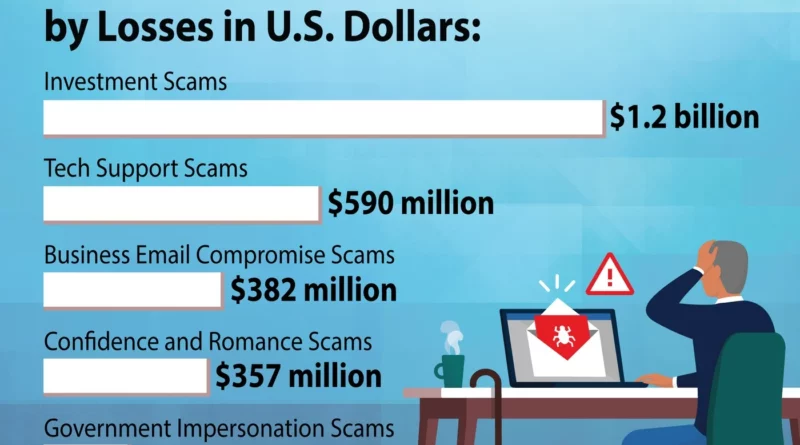Editorial: Jog on, Meta
Mark Zuckerberg made two announcements about major changes in Meta in the past two weeks. The first was the revelation that they would be creating hundreds of AI-driven bots to interact with users. The second was the announcement that they would stop moderation of content, “except for dangerous stuff,” according to a video posted by Zuckerberg. With a certain amount of schadenfreude, we note that Meta had to pull the accounts they had already made as users started engaging with them, finding their inherent flaws and raking them over the coals for how piss-poor their execution was.
Both of these announcements validated a decision I had made earlier this year to start divesting myself of Meta platform accounts. I made the request to deactivate all the accounts (Facebook, Instagram and Messenger) a week before both announcements. I would have done it sooner if I had known it would take Meta 30 days from my request to deactivate everything. This morning, however, I received a text from my partners in Cyber Protection Magazine asking if I thought we should deactivate our Facebook account.
Frankly, I had forgotten we had one, basically because we received zero engagement from the platform, despite the amount of content we put up there. That,.too, is a result of Meta de-emphasizing legacy media. Of course, I concurred with the team. Sometime in February, we will disappear from Facebook.
Read more...








